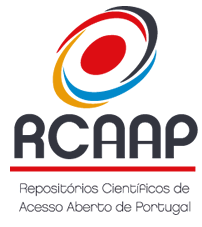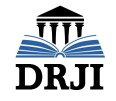Proposals for the production of digital genres in English language textbooks
DOI:
https://doi.org/10.5433/1679-0383.2014v35n1p57Keywords:
Textbook, Digital genres, Literacies.Abstract
We intend, in this article, to discuss the results of a part of a Master research whose objective was to investigate whether the proposals for the production of digital genres in English language textbooks contribute to the development of literacies. Our theoretical discussions are based on the concept of genre (BAKHTIN, 2000; BRONCKART, 2009; MARCUSCHI, 2004), literacy (BRASIL, 2006; ROJO, 2009) and the guidelines of the National Curriculum Parameters (BRASIL, 1998). Our corpus - consisting of written production activities present in a didactic collection approved by PNLD/2011, Keep in Mind (CHIN; ZAORAB, 2009) - was analyzed in interface with the Guide and Announcement criteria, so that we could answer the research questions. Our results show that the criteria of the Announcement and the Guide are consistent, however, the proposals for written production do not effectively develop literacies, especially for not offering real communication practices in digital format, including therein the steps of the written production process: planning, writing and rewriting.Downloads
Downloads
Published
How to Cite
Issue
Section
License
Semina: Ciências Sociais e Humanas adopts the CC-BY-NC license for its publications, the copyright being held by the author, in cases of republication we recommend that authors indicate first publication in this journal.
This license allows you to copy and redistribute the material in any medium or format, remix, transform and develop the material, as long as it is not for commercial purposes. And due credit must be given to the creator.
The opinions expressed by the authors of the articles are their sole responsibility.
The magazine reserves the right to make normative, orthographic and grammatical changes to the originals in order to maintain the cultured standard of the language and the credibility of the vehicle. However, it will respect the writing style of the authors. Changes, corrections or suggestions of a conceptual nature will be sent to the authors when necessary.

















